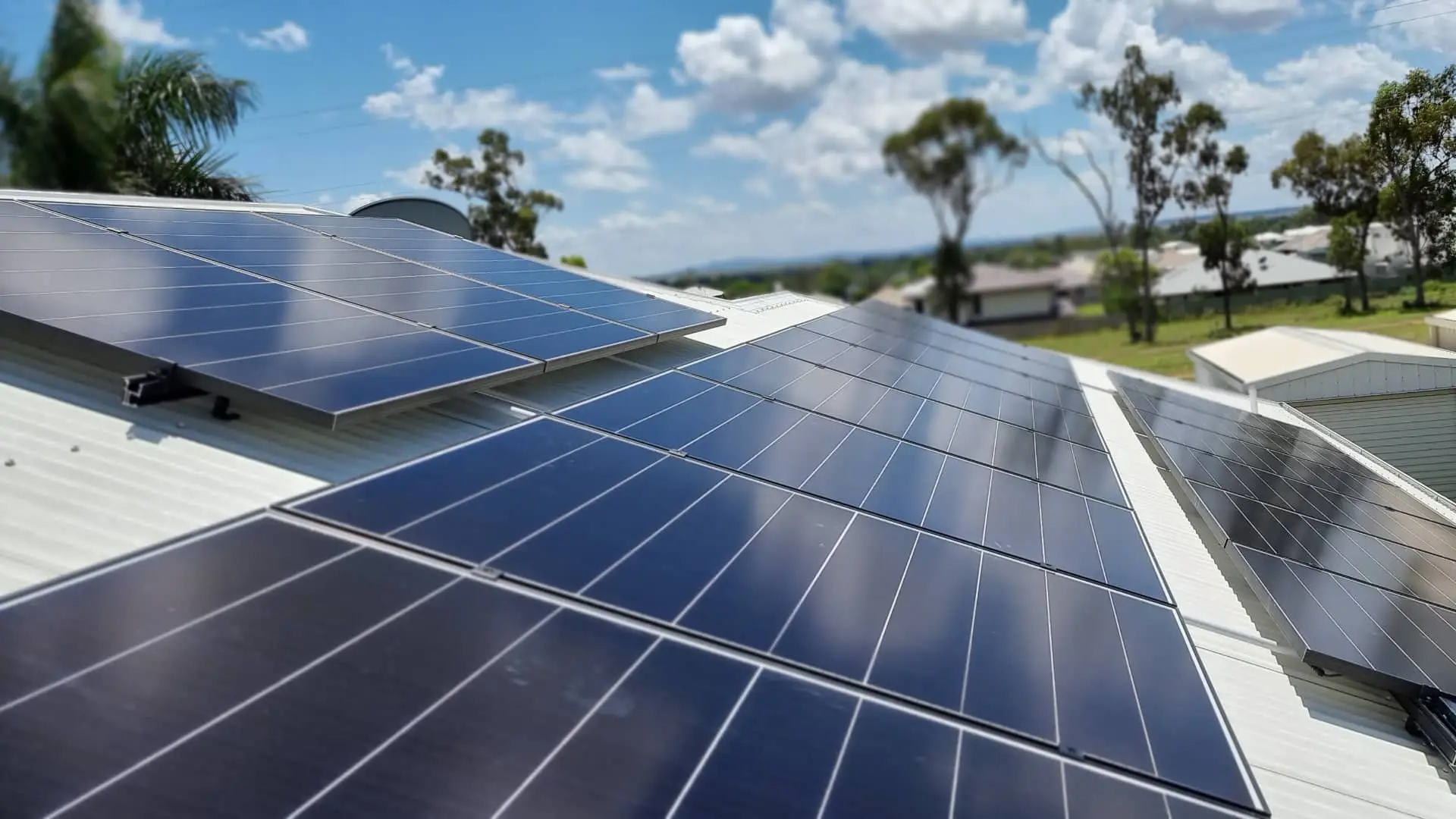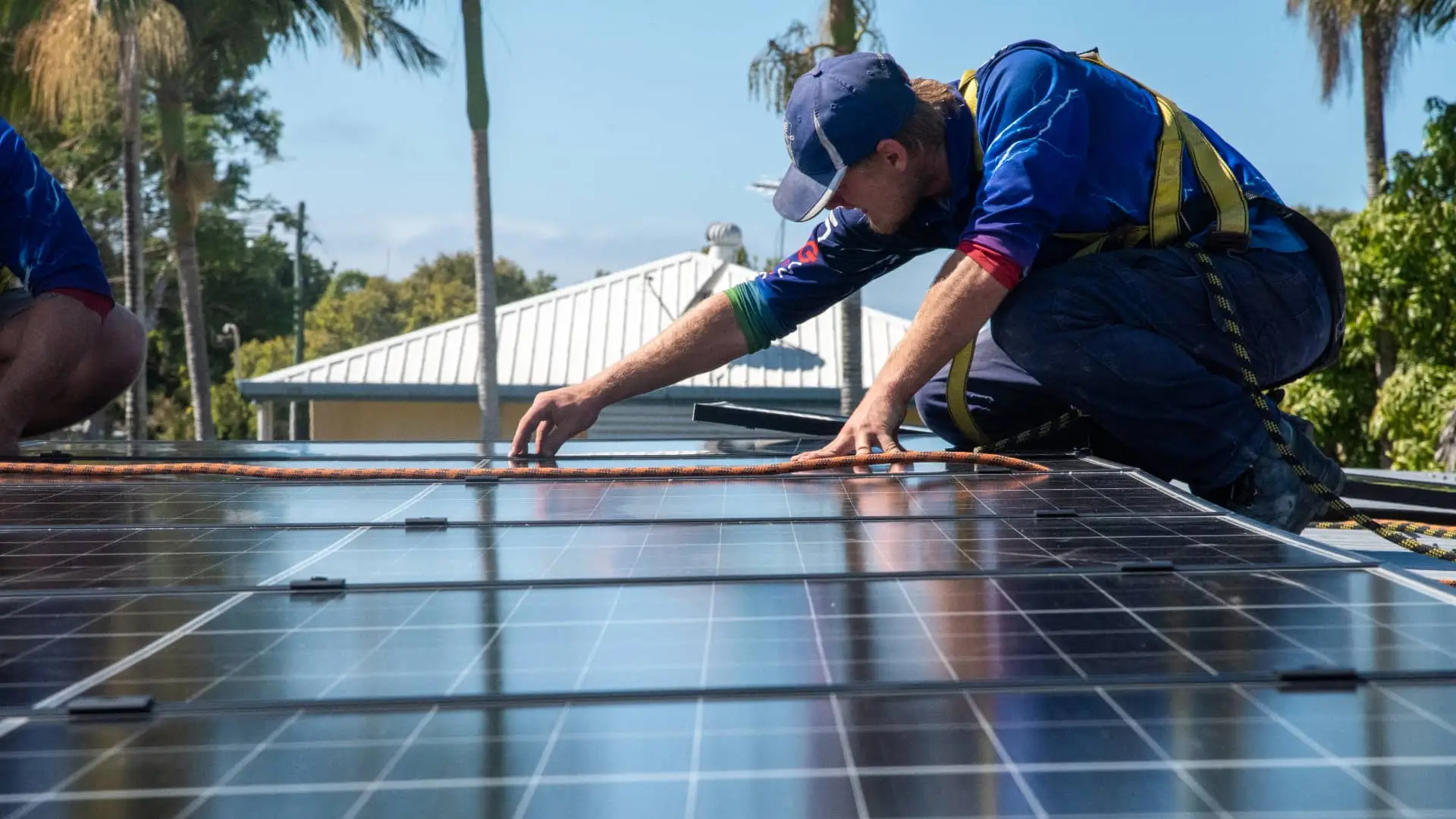Queensland Government Launches Battery Booster Rebate Scheme 2024: Affordable Solar Battery Systems for Queenslanders
The Queensland government has exciting news for residents in the Sunshine State – they are rolling out the Battery Booster Rebate Scheme 2024 to make solar battery systems more accessible and affordable to Queenslanders. In this article, we’ll delve into the details of this innovative program aimed at empowering households with green energy solutions.
What is the Battery Booster Rebate Scheme 2024?
The Battery Booster Rebate Scheme 2024 is a groundbreaking initiative by the Queensland government to help residents overcome the financial hurdle of investing in solar battery storage systems. With an upfront cost of over $9,000, solar battery systems have been out of reach for many households. However, this scheme is set to change that.
Under the program, eligible Queensland households can receive substantial rebates of up to $4,000, depending on income eligibility requirements. This means that more families can harness the power of the sun and reduce their reliance on traditional energy sources.
Key Highlights of the Scheme
- Affordability: The scheme’s primary goal is to make solar technology accessible to all Queenslanders, regardless of income level. By offering significant rebates, the government is paving the way for a greener and more sustainable future.
- Easing Power Price Pressure: Rising power prices have been a concern for many households. The Battery Booster Rebate Scheme aims to alleviate this pressure by encouraging the adoption of solar battery systems, which can lead to reduced electricity bills over time.
- Income Threshold: It’s important to note that the rebate amount may vary based on the taxable income of the applicant. If the taxable income exceeds $66,667, the rebate is reduced to $3,000.
- Savings Potential: According to SolarQuotes, the estimated first-year savings for a $10,000 10 kWh installation in Queensland are impressive, with potential savings of $850 for a flat tariff and $1,248 for a time-of-use tariff. With the full rebate reducing the cost to $6,000, homeowners can achieve a simple battery payback in as little as 5 years for those on a time-of-use tariff.
How to Apply
As the program becomes available, Queenslanders interested in participating can find application details on the official government website. Be prepared to meet income eligibility requirements and take advantage of this incredible opportunity to reduce your carbon footprint and power bills.
Start Date and Inspectorate
While an official launch date for the Battery Booster Rebate Scheme 2024 is yet to be announced, Energy Minister Mick de Brenni has confirmed that it will commence in 2024. Additionally, the government has quietly published the legislation enabling the scheme, indicating its commitment to making this program a reality. For more information, you can visit this ABC News article.
Inspectorate for Safety and Quality
To ensure the safety and quality of installations, the government has initiated the establishment of an inspectorate. This body will oversee up to 2,500 inspections across Queensland, ensuring that battery systems are installed correctly and adhere to industry best practices and safety standards. Installers will also receive guidance on battery safety risks.
In Summary
The Queensland government’s Battery Booster Rebate Scheme 2024 is a significant step towards a more sustainable and affordable energy future for residents. By providing generous rebates for solar battery systems, the government is encouraging Queenslanders to embrace renewable energy solutions while mitigating the impact of rising power prices.
Stay tuned for more information on this exciting initiative, and take advantage of the opportunity to become part of Queensland’s clean energy revolution.
Get Your FREE Quote Today & Save $$$!
Contact our team today and we'll get back to you as soon as possible to discuss your solar needs!
Get a FREE QuoteRelated Articles.

Do Solar Panels Work on Cloudy Days?

Jackson Wyer

The Hidden Costs of Interest-Free Finance for Solar

Jackson Wyer

How are Solar Panels Installed?

Jackson Wyer

